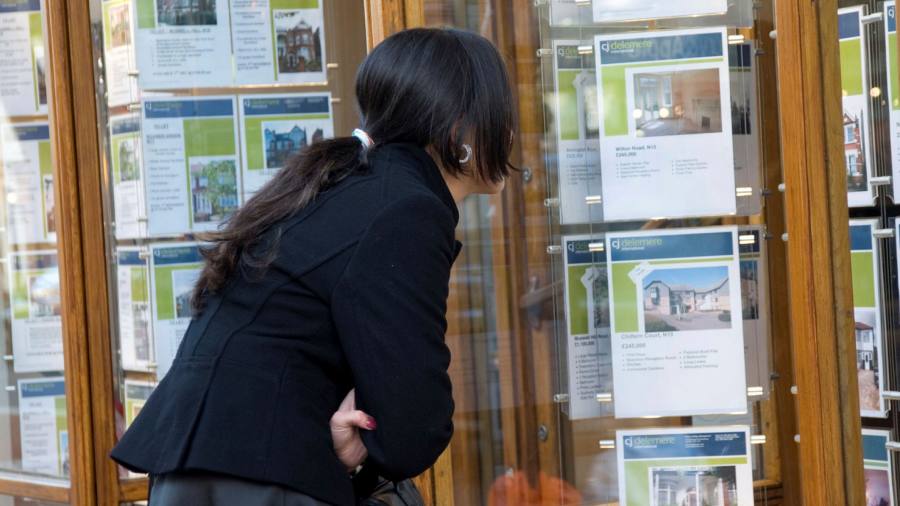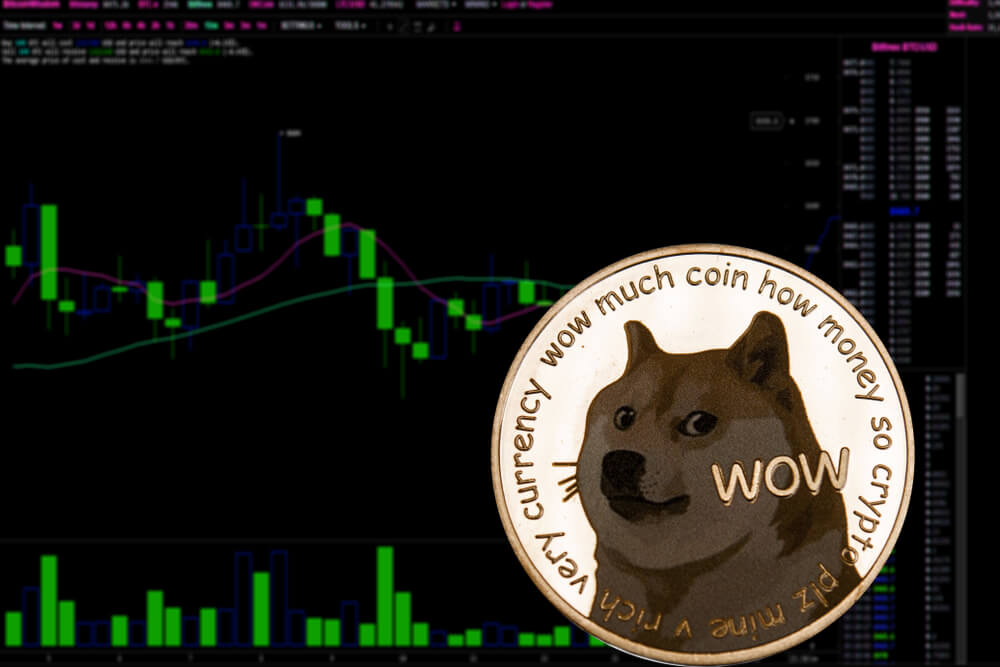UK estate agents reported a sudden drop-off in inquiries for new homes last month, according to a closely watched survey that indicated the heat could be coming out of the housing market after a frenzied two years.
The monthly UK residential survey by the Royal Institution of Chartered Surveyors, published on Thursday, found the net balance of buyer inquiries was -7 per cent in May compared with +8 per cent the previous month.
The figure, which shows that more agents reported a decline in buyer inquiries than reported an increase, adds to evidence that the housing market is beginning to cool, as the cost of living crisis and rising interest rates limit buying power.
“The increase in the cost of mortgage finance alongside growing concerns about the economic outlook is unsurprisingly having an impact, albeit a relatively modest one at this point, on buyer activity in the sales market,” Simon Rubinstein, RICS chief economist, said.
Annual house price growth has remained in double digits during the past two years as the government’s stamp duty holiday, low borrowing costs and a drive for more space shielded the property market from an economic hit from the pandemic.
But with inflation running at 9 per cent and mortgage rates increasing, many estate agents said the boom would soon come to an end.
“Cost of living, inflation, war in Ukraine and confidence in the government are some of the factors that are contributing to doubt,” William Delaney, a central London agent, said. “This is making some buyers very hesitant.”
Separate figures from the Halifax bank released on Wednesday showed annual house price growth remained high but slowed slightly in May, falling to 10.5 per cent from 10.8 per cent.
Russell Galley, managing director, said the market had begun to “show signs of cooling”, with mortgage activity ticking down. “With overall buying demand down compared to last year, we may be past the peak sellers’ market,” he said.
However, a shortage of homes for prospective buyers could continue to push house prices up, he added.
The RICS survey also showed that estate agents thought prices would be “squeezed higher” by a shortage of homes, but hinted a diminished confidence that those increases would continue in the future.
A net 73 per cent of respondents said house prices increased in May, a similar proportion to previous months. But the net balance that expected house prices to be higher in a year’s time fell to 42 per cent from 78 per cent in February, the lowest reading since January 2021.
RICS net balance of opinion from estate agents is calculated as the proportion of those reporting an increase in prices minus those reporting a reduction.
A mismatch between supply and demand is also fuelling price rises in the rental market, according to agents.
A net balance of 48 per cent of respondents said demand from tenants continued to rise but fewer new properties were coming on to the market, and a net balance of more than 50 per cent predicted rents would increase.
“Demand is still very strong leading to rental levels being bid higher and greater challenges for tenants who aren’t in the position to compete for the available stock,” Rubinstein added.
Credit: Source link














